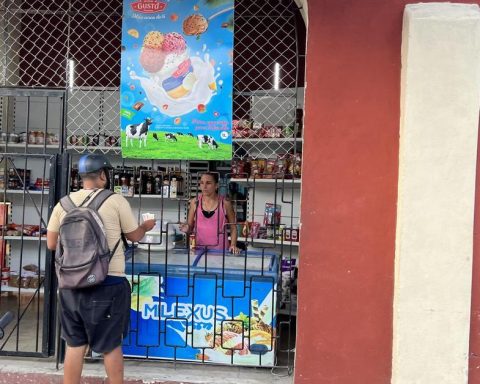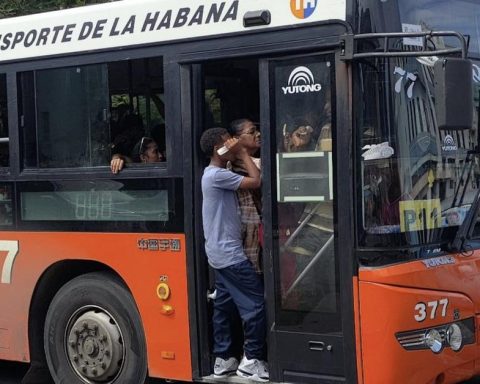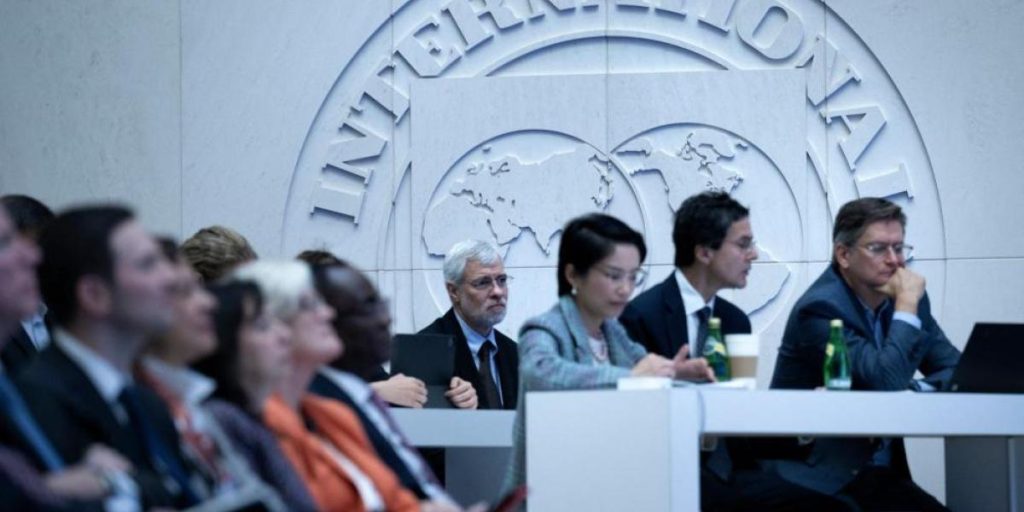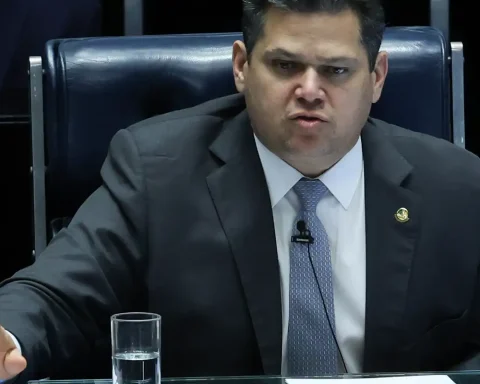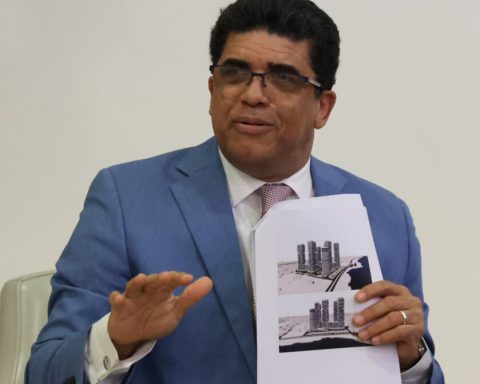Havana/“If Washington wants to press the nuts to the regime,” he published The Miami Herald This Monday, “you must find a way to do it without abandoning those who try to flee.”
He Editorial Board Text He has evidenced the greatest contradiction facing Trump’s administration between his nut squeak to Havana and his immigration policies. In its relationship with Cuba, says the publication, the United States “has followed a predictable rhythm: press, observe the deterioration of the situation in Havana and prepare for the next wave of Cubans who go to Florida. This time, however, the doors will be closed.”
The newspaper qualifies the US decision to put an end to the humanitarian parole program for Cubans, Haitians, Nicaraguans and Venezuelans (CHNV), as “the most drastic change in American immigration policy towards Cubans from the first years of Castro” and “the last nail in the coffin of an old assumption: that Cubans who arrive at American soil receive a different treatment”.
Never before the exiled Cuban had felt so much fear of the arrival of the mail. Now there are too many examples of people who admit to being desperate and with real fear of that notification that invites them to “deport”.
“His silence is not neutral or shows ignorance; it is complicity and cowardice.”
It also amazes the little resistance by the Delegation of the Miami-Dade Congress against decisions that affect their own community. The editorial refers to the open letter of the wealthy political donor Mike Fernández to the congressmen: “His silence is not neutral or shows ignorance; it is complicity and cowardice.” The businessman accused these politicians of kneeling before Trump. Of those indicated, only María Elvira Salazar reacted, defending her proposal as a dignity law.
The Cuban exile was hard critical with the administration of Obama for ending the policy of “dry feet, wet feet.” They accused him of ending an era of privileges for a community that had legitimate reasons to escape the oldest dictatorship of the continent.
The current debate also recalls that heated controversy that the presentation of the presentation of the Miami book Cuban Privilege (Cambridge University Press, 2022), by American academic Susan Eckstein. Not a few pointed out at the time that the text encouraged “hatred towards Cuban exile”, wanting to end the special status.
But only three years after that debate, that same community observes imposeible to an administration that chooses to “regionalize its immigration policy, incorporating Cuba into a broader strategy that covers the entire hemisphere,” according to the editorial board. What was once a path expedited to the American dream, turning migrants from the island in automatic political exiles, today faces them to the same walls as any other Latin American.
No one doubts that the president will appeal to achieve what he promised during his campaign: mass deportations
Trump’s plan to strip up half a million migrants has been temporarily blocked by a federal judge of Massachusetts, who ruled on Monday, April 14 that the Government cannot strip them of their legal protections without reviewing their individual cases. But nobody doubts that the president will appeal to achieve what he promised during his campaign: mass deportations.
Other analysts also agree that maximum pressure policies are not compatible with the immigration containment that is intended to be achieved. And much less hope that an eventual social outbreak on the island will be the most desirable for an administration that prefers “hard rulers”, capable of maintaining order in their territories, without generating a minimum glimpse of chaos so close to its borders.

